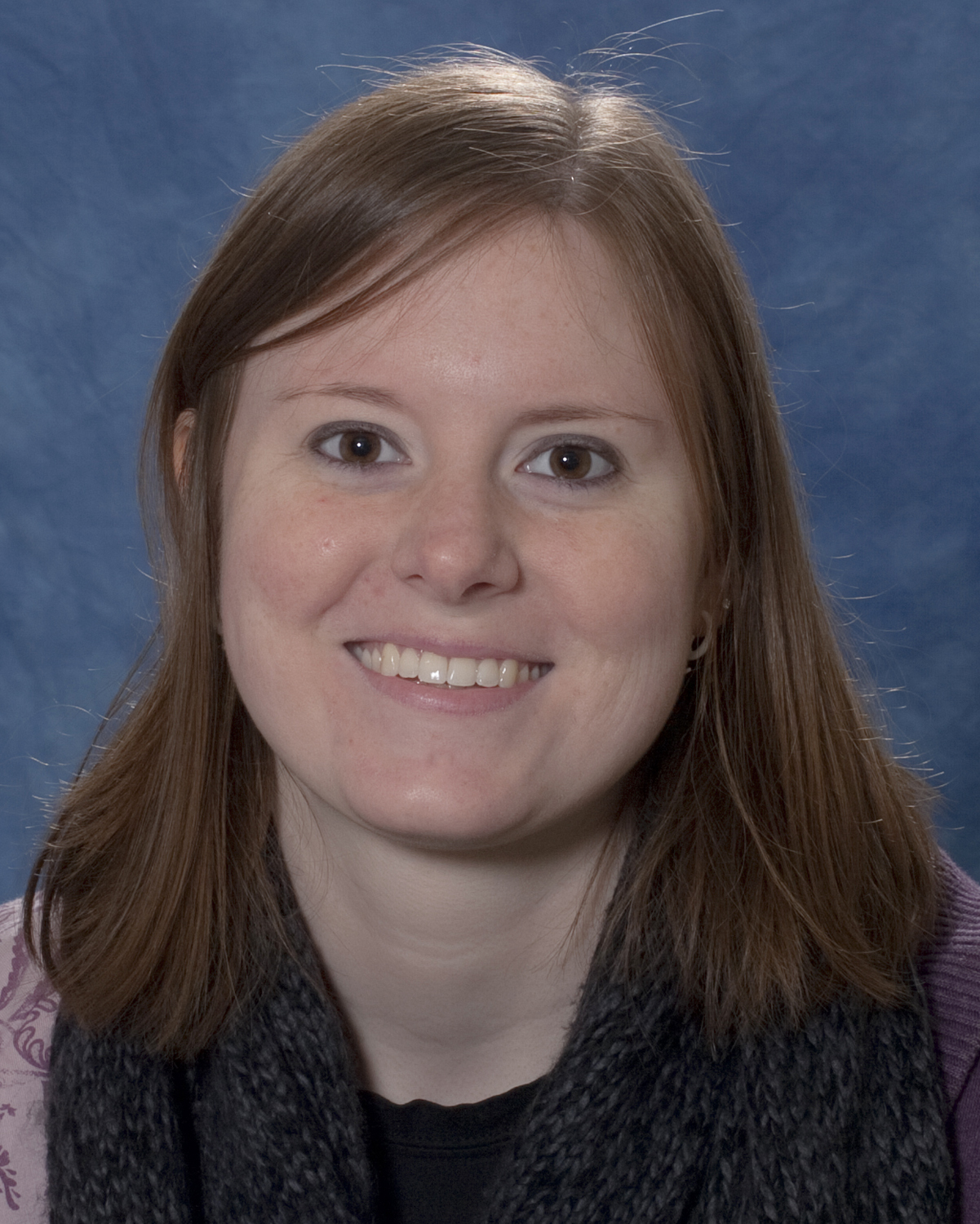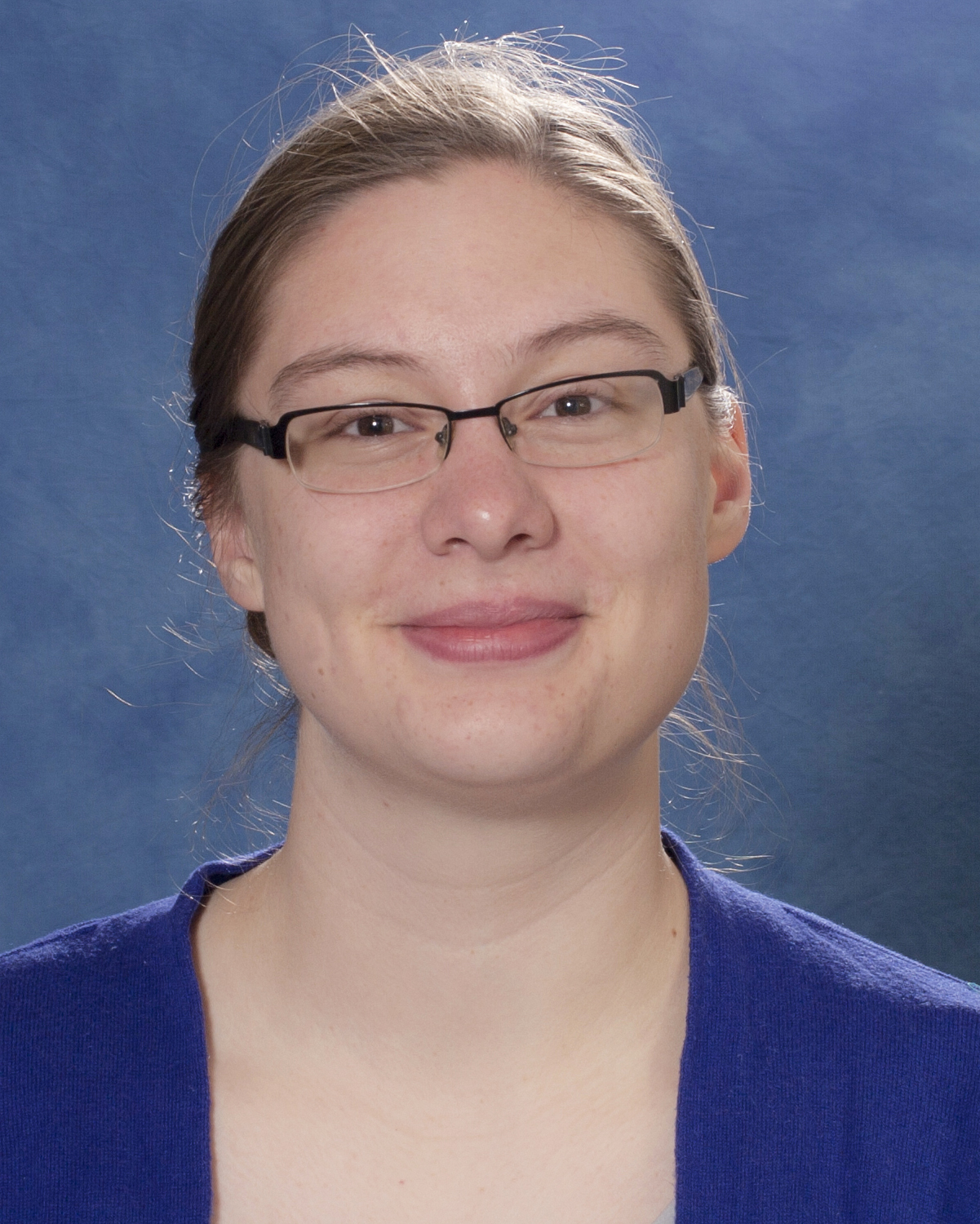2018 Kuiper Award to Bramson and Landis
Ali Bramson and Margaret Landis are the 2018 recipients of the Gerard P. Kuiper Memorial Award.
 Ali is a sixth-year student who will defend her dissertation in summer 2018. Her research is based on the analysis of planetary radar data and simulations of changing ice stability as orbital elements of Mars vary. Ali's research on buried martian ice sheets garnered large amounts of scientific and media attention and featured heavily in the extended mission proposal of the Mars Reconnaissance Orbiter (MRO) spacecraft. Ali has ongoing and active participation in both the HiRISE and SHARAD instrument teams. Her work combining numerical modeling, radar, imagery and stereo topography is innovative, required mastering many technical skills and led to an important new discovery with far reaching implications.
Ali is a sixth-year student who will defend her dissertation in summer 2018. Her research is based on the analysis of planetary radar data and simulations of changing ice stability as orbital elements of Mars vary. Ali's research on buried martian ice sheets garnered large amounts of scientific and media attention and featured heavily in the extended mission proposal of the Mars Reconnaissance Orbiter (MRO) spacecraft. Ali has ongoing and active participation in both the HiRISE and SHARAD instrument teams. Her work combining numerical modeling, radar, imagery and stereo topography is innovative, required mastering many technical skills and led to an important new discovery with far reaching implications.
Ali serves as a mentor to both graduate and undergraduate students. In 2014, she developed a year-long seminar course aimed at introducing undergraduates to laboratory research. Ali was instructor of record for this course, LASC 397A, Entering Research. For creating and piloting the initial offering of this course, Ali received the college-wide Teaching and Mentoring Award for 2014. She has received many other awards and fellowships, including LPL’s Carson Fellowship, an NSF Graduate Research Program Fellowship, a NASA Earth and Space Science Fellowship, as well as an LPI Career Development Award, two Galileo Circle Scholarships, several research and travel grants, and an Arizona Space Grant Consortium Assistantship. Ali has published two first-author papers (Bramson et al. 2017; Bramson et al. 2015). She is an active participant in community and public outreach.
 Margaret is a fifth-year student graduating in summer 2018. Her research is based on age dating of landscapes with impact craters and simulations of ice stability. She has applied her expertise in this to multiple regions on Mars as well as Ceres. Margaret's work on ice accumulation rates at Mars’ North pole was published in her 2016 GRL paper. Margaret received NSF funding that allowed her to spend summer 2017 at U.S.G.S. Flagstaff to work on a crater catalog for the South Polar layered deposits. Her recent work on Ceres includes collaboration with the Dawn team and resulted in her next first-author paper in 2017. Margaret is the recipient of several awards and fellowships, including an NSF Graduate Research Fellowship and two Galileo Circle Scholarships. In 2017, she was selected to participate in a Keck Institute for Space Science study to advance Mars polar science; in 2018, she received a LPI Career Development Award.
Margaret is a fifth-year student graduating in summer 2018. Her research is based on age dating of landscapes with impact craters and simulations of ice stability. She has applied her expertise in this to multiple regions on Mars as well as Ceres. Margaret's work on ice accumulation rates at Mars’ North pole was published in her 2016 GRL paper. Margaret received NSF funding that allowed her to spend summer 2017 at U.S.G.S. Flagstaff to work on a crater catalog for the South Polar layered deposits. Her recent work on Ceres includes collaboration with the Dawn team and resulted in her next first-author paper in 2017. Margaret is the recipient of several awards and fellowships, including an NSF Graduate Research Fellowship and two Galileo Circle Scholarships. In 2017, she was selected to participate in a Keck Institute for Space Science study to advance Mars polar science; in 2018, she received a LPI Career Development Award.
Margaret was active in Service and Outreach, having won the LPL Outreach award in 2017 for her participation in events like Tucson Festival of Books, Pima Air and Space Museum Nightwings, and Art of Planetary Science, in addition to other activities such as her work as a Washington Aerospace Scholars virtual mentor. She recently attended an Alan Alda Center for Communicating Science workshop and was the Department of Planetary Sciences recipient of the College of Science Outstanding Scholar award for 2018.

